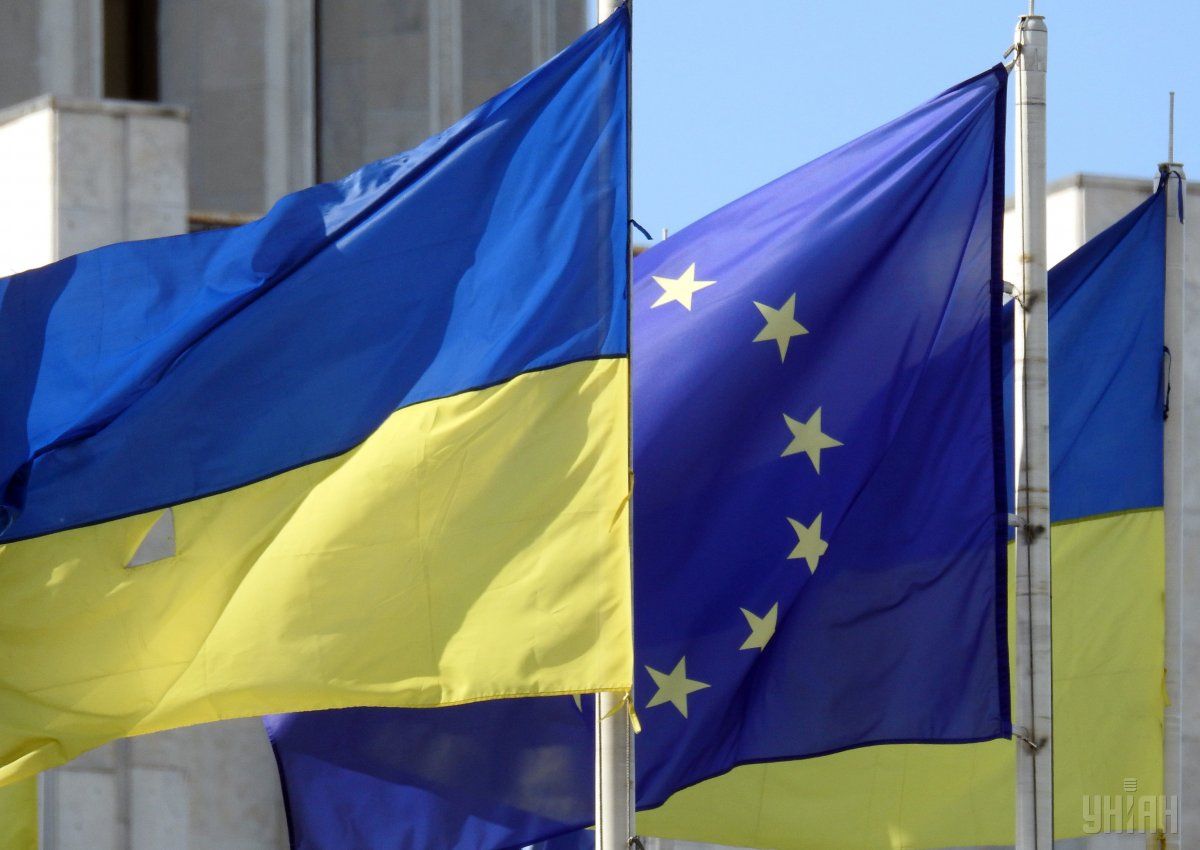
"The Minsk peace deal is under threat. If there are no sanctions, there is no way to pressure Russia to respect the process in any way," Vadym Prystaiko said of the accord sealed in 2015 in the capital of Belarus, Reuters wrote.
Read alsoEU prolongs for 6 mths sanctions over violation of Ukraine's sovereigntyNext month, EU leaders are set to discuss the sanctions on Russia's energy, financial and defense sectors, which were imposed after Moscow annexed Crimea in 2014. Countries with closer ties to Russia, including Cyprus, Italy and Hungary, are pushing to lift some measures or even allow them to expire in January.
The Minsk peace agreement, brokered by France and Germany and signed by Russia and Ukraine in February 2015, calls for a ceasefire between Ukrainian forces and separatists backed by Russia, the withdrawal of heavy weapons from the front line and constitutional reform to give eastern Ukraine more autonomy.
"For now, Russian-backed separatists have agreed to a ceasefire. But with one telephone call, Moscow can reverse the situation," Prystaiko told Reuters.
Read alsoDisengagement of forces in Donbas to start only after seven days of "full silence" - Framework DecisionA September truce in eastern Ukraine has raised hopes for peace, although it failed to stem all the violence in the region. Shellings in the east of the country dropped to 246 in the first two weeks of September from more than 2,000 in August, Prystaiko said.
The conflict has killed over 9,600 soldiers, civilians and pro-Russian rebels since April 2014.
"There is no mechanism to prove that this peace process is working. The only way is for the EU to stick to what it has said: we lift the sanctions when Minsk is fully implemented," said Prystaiko, who met NATO envoys during a visit to Brussels.
Moscow's allies in Europe, including Slovakia's Prime Minister Robert Fico, say Russia is doing more than Ukraine to meet its obligations under the Minsk agreement. Fico told Reuters this month that the sanctions had not changed Russian policy in the east.
Read alsoUkraine receives NATO's demining equipment worth EUR 1 mlnPrystaiko said that was because Russia was determined to hold sway over Ukraine by pressuring Kyiv to adopt a federal system, in which each state would have a veto over Ukraine's hopes to join NATO and the EU.
Reforms tied to the Minsk accord include changing Ukraine's constitution to decentralize government. Prystaiko said that Russia was seeking to distort that to achieve its own ends.
"The Russians want a new constitution, they want to embed a foreign body in Ukraine," he said. "But we can only have elections when the separatists stop shooting."

